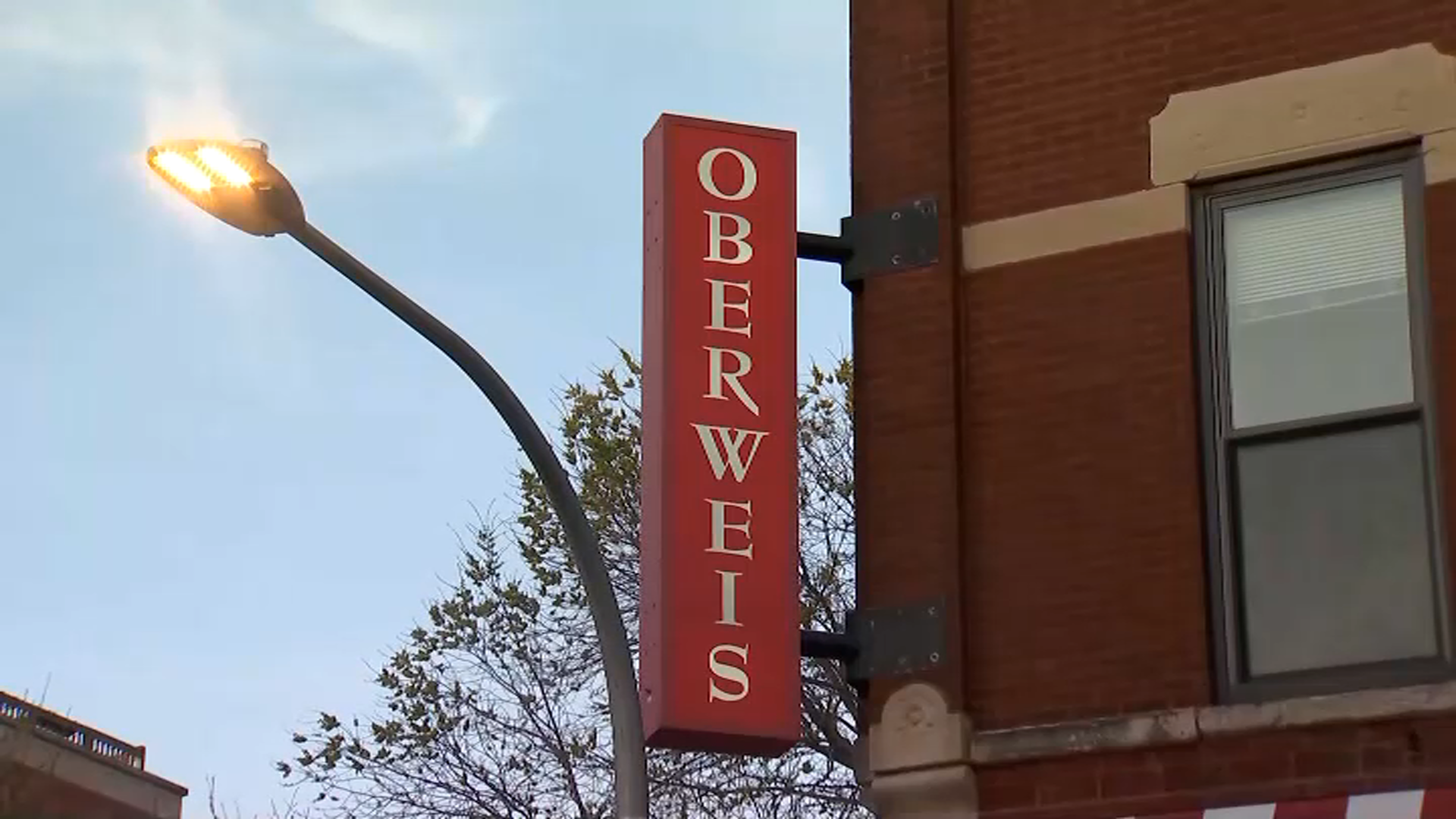Illinois' government weathered its second day without a state budget Thursday, and while legislative chambers were silent, service providers buckled up for a bumpy summer ride and state officials asked what bills could be paid if the impasse continues.
The Democratic state attorney general asked Cook County Circuit Court for guidance on what the state could pay without a budget providing for it, heating up a simmering debate with the Republican governor over whether state employees can be paid. Meanwhile, some service providers began notifying staff members of layoffs, while others hoped to hobble through the month.
Here's a look at the issues at hand:
BUDGET BATTLE
Gov. Bruce Rauner has been steadfast in demanding changes to what he calls the state's broken business and political climates before he'll talk to legislative Democrats about what they say is a $4 billion shortfall to pay for vital services.
Democrats sent Rauner a $36 billion spending plan in June, but he vetoed most of it last week, calling it unconstitutionally out of balance. Lawmakers attempted to approve a one-month, $2.3 billion budget this week, but the effort failed in the House.
Wednesday was the start of the new fiscal year.
Local
WHO'S HURTING
From suicide hotlines to food pantries, social service agencies that rely on state funding will be hardest hit by the lack of a budget.
Mujeres Latinas en Accion in Chicago provides services such as counseling for victims of domestic violence and sexual abuse. Executive director Maria Pesqueira had to lay off five full-time employees this week and said the remaining 32 must take two furlough days a week — a "dire" picture.
"The governor and the Legislature are using us as political pawns," Pesqueira said.
Chicago-based Family Focus laid off 14 employees this week, including eight working on a program that helped families get needed services to stay intact after Department of Children and Family Services intervention, according to Director Mariana Osoria.
But, ironically, many agencies won't feel an immediate pinch because of overdue state payments. The state has a $5 billion backlog, so vendors will get checks in July for work done last spring.
Lutheran Social Services in Des Plaines, a wide-ranging provider for foster parents and the developmentally disabled, can function through July because of the backlog and required program funding, spokeswoman Barb Kraeger Hailey said.
PAYING THE BILLS
Attorney General Lisa Madigan asked a judge Thursday to declare what bills the state can pay without appropriation authority. Not all money is appropriated and there are cases where federal power trumps state law.
GOP Comptroller Leslie Munger is working with Madigan to get clarity "to ensure that legally supported expenditures can continue to be made," a statement by Madigan said.
Allowable disbursements likely include debt payments; salaries for judges, legislators and operations of the General Assembly; payments required as a condition of participating in federal programs; and orders enforced by consent decrees.
"This is not a game," Munger said at a Chicago news conference. "This budget impasse has serious consequences for families, organizations and businesses across our state."
MAKING PAYROLL
There's enough money to pay state workers through July 15. Rauner began telling government workers this week that he'll do all he can to ensure they keep getting paid — even without a budget.
Although Rauner appointee Munger asked Madigan to push for full pay, the attorney general is not seeking that in court. Based on an appellate court decree in 1991, Madigan says if there's no budget, no one gets paid.
"The administration disagrees with the attorney general's efforts to block employees from getting their full pay," Rauner deputy chief of staff Mike Schrimpf said. "State employees deserve their full paychecks."
Rauner points to a 2007 lawsuit in which a circuit court ruled that workers in jobs covered by federal labor law should continue to get at least the federal minimum wage. But the court in that case allowed full payroll disbursement under very limited circumstances.
The governor believes a similar situation exists today and, if a court and statewide officials agree, full paychecks could be signed.
Madigan scoffed at the governor's criticism that she is blocking employee pay.
"The only way to ensure state employees and service providers are fully and legally paid," Madigan said, "is with an enacted budget."



